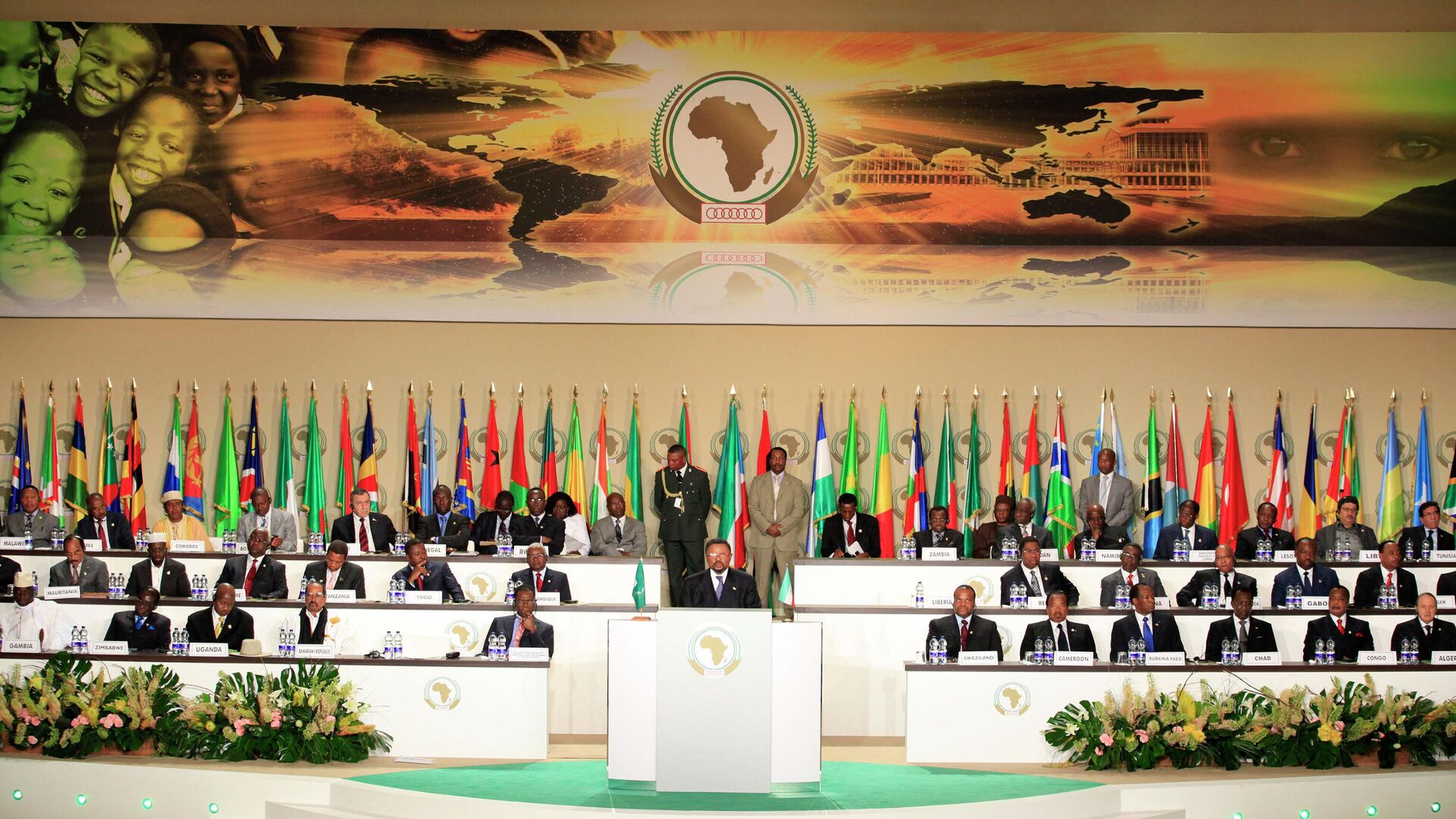Under Maputo, African governments committed to allocating at least 10 percent of their national budgets to agriculture in pursuit of 6 percent annual growth in the sector.
The Malabo framework renewed those commitments, with a broader agenda aimed at eradicating hunger and poverty, expanding intra-African trade, and ensuring sustainable agriculture by 2025.
In contrast, the Kampala Declaration — set to guide agricultural and food system development from 2026 to 2035 — shifts the narrative beyond traditional farming.
Its approach embraces agrifood systems, encompassing the full chain from production to consumption, and sets out six key focus areas: production, trade, investment, nutrition and food security, inclusion, and governance.
When assessing Nigeria’s current performance in meeting earlier continental benchmarks, Emmanuel expressed concern that the country remains far behind target.
He lamented that Nigeria still allocates less than 3 percent of its national budget to agriculture, while about 18 percent of Nigerians face food insecurity. He cautioned that approximately 172 million Nigerians lack access to adequate diets.
Within Africa at large, he added, one in every five persons is presently affected by hunger.
Emmanuel identified a number of systemic constraints undermining Nigeria’s food production capacity: weak agricultural extension services, outdated farming techniques, deficient nutrition programming, low yields, and poor market linkages.
To address these challenges, he urged ramped-up extension coverage, more affordable agricultural inputs, increased budgetary commitment, and a renewed emphasis on child nutrition.
At the same event, Precious Jacclenmi, GIZ’s Agriculture Advisor, said the purpose of the workshop was to provide a platform where the lived experiences, insights, and recommendations of frontline agricultural actors can help shape the future governance of Nigeria’s food systems.
She argued that domesticating the Kampala Declaration demands authentic participation by stakeholders at all levels. Meanwhile, Azubike Nwokoye of ActionAid Nigeria called for accountability mechanisms to accompany the Declaration’s rollout.
He appealed to nonstate actors to intensify research, data gathering, and policy advocacy — especially on budgeting for agriculture and ensuring funds are used effectively.
He pointed to priority areas including access to credit, women and youth inclusion, mechanisation, extension services, storage and processing infrastructure, and strategies to reduce post-harvest losses.
The Kampala Declaration was adopted at an extraordinary AU summit in Kampala, Uganda, held in January 2025, during which leaders endorsed a 10-year CAADP strategy and action plan to drive Africa’s shift toward resilient and sustainable agrifood systems.
Among its aspirational goals are halving post-harvest loss, tripling intra-African agrifood trade, and raising the share of locally processed food products to 35 percent of agrifood GDP by 2035.
Observers say the new Declaration signifies a recalibration of African agricultural priorities — moving from purely production-focused goals toward a holistic systems approach that embraces nutrition, trade, sustainability, equity, and governance.





